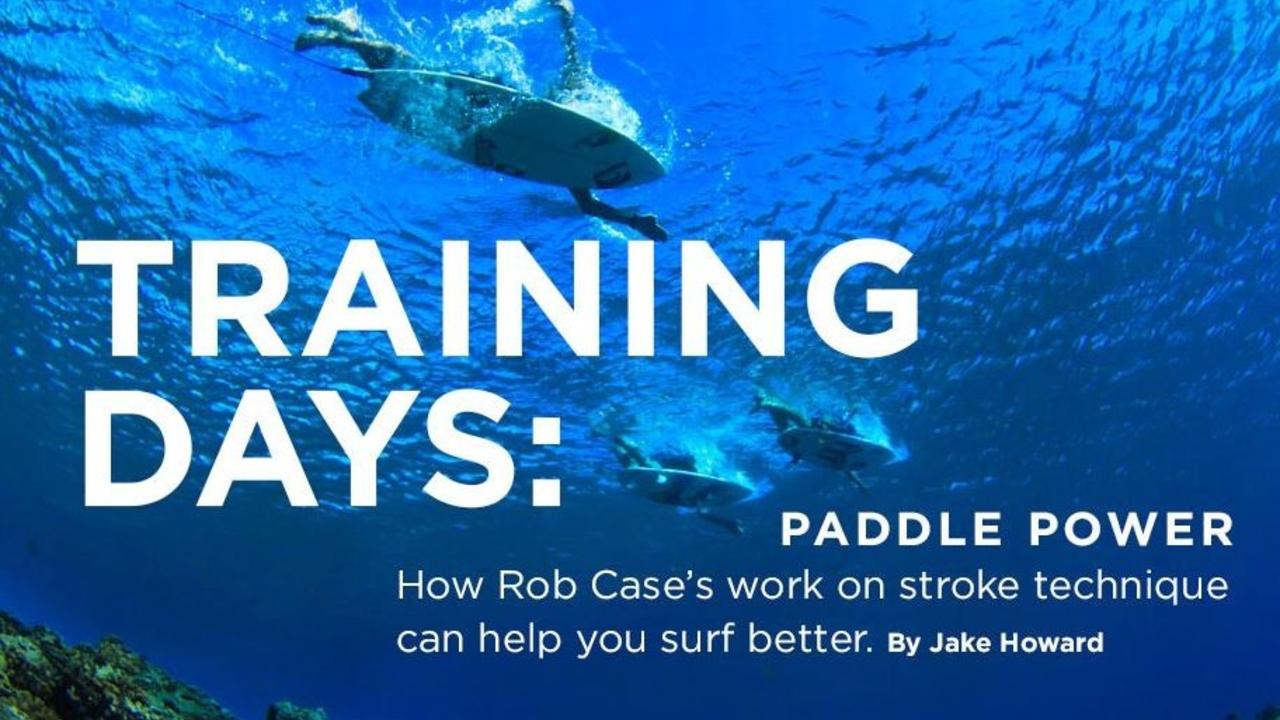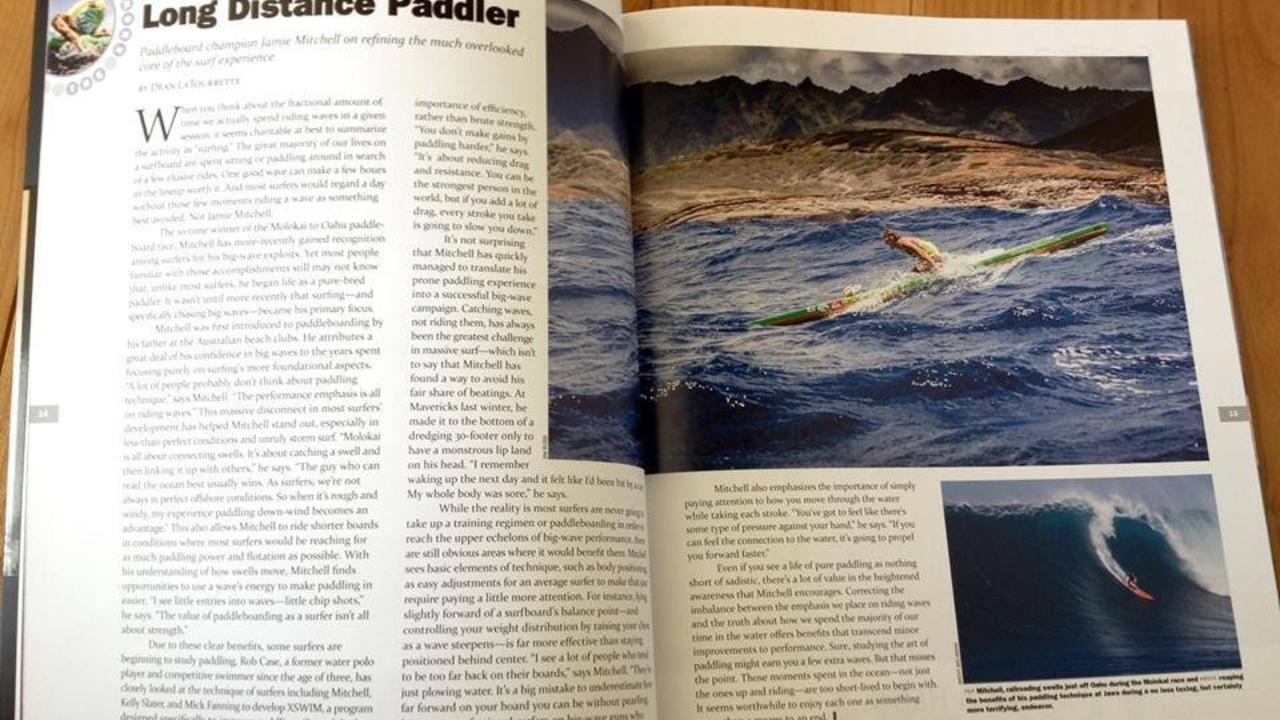The Journey Towards Having More FUN Surfing
Surfing means different things to different people, but should always remain at its core
Fun
Lack of progression and fatigue leads to frustration which then leads to an unpleasant lineup. Nobody wants that. The first step in thwarting this downward spiral is to improve your entire surfing experience, from the pre-surf ritual, paddling out, deciding on a spot to surf, making adjustments, choosing the wave for you, riding with flow, kicking out, sharing with others, and finally exiting the water to talk story with others afterwards. At its root, to have more fun means to improve. It doesn't matter where you start in this journey of progression, from novice to pro, you can always improve and enjoy the experience of surfing just a little ... bit ... more.
Guest Speaking on a Surf Body Connection Webinar - Part 1

Guest Speaking on a Surf Body Connection Webinar - Part 1
In July I had the pleasure of joining Shane Carpenter, DPT to conduct a Webinar for her clients.
She has a great philosophy on healing the mind and body and in this webinar I shared some of my Level 1 Surfing Paddling Techniques.
Here is Part 1
00:16 Who am I (Rob)?
00:57 How did I get into working with surfers on paddling techniques?
02:46 What kind of injuries were I seeing and how does my program solve them?
04:18 Some common mistakes?
04:47 Shane’s most powerful takeaway for her from my Workshop
05:34 A common physical limitation for paddling she sees
07:50 Paddling Technique Overview – Introduction to Level 1
08:06 What’s the Big Deal?
11:07 Three Key Goals
12:44 Simple Solution to Achieve the Three Key Goals and How to Self Diagnose Yourself
13:04 Surfers' Common Fallacy on Paddling
14:08 How to Self Diagnose Yourself
14:55 Basis of Moving Through
...Birdwell Beach Britches Interview by Jamie Brisick
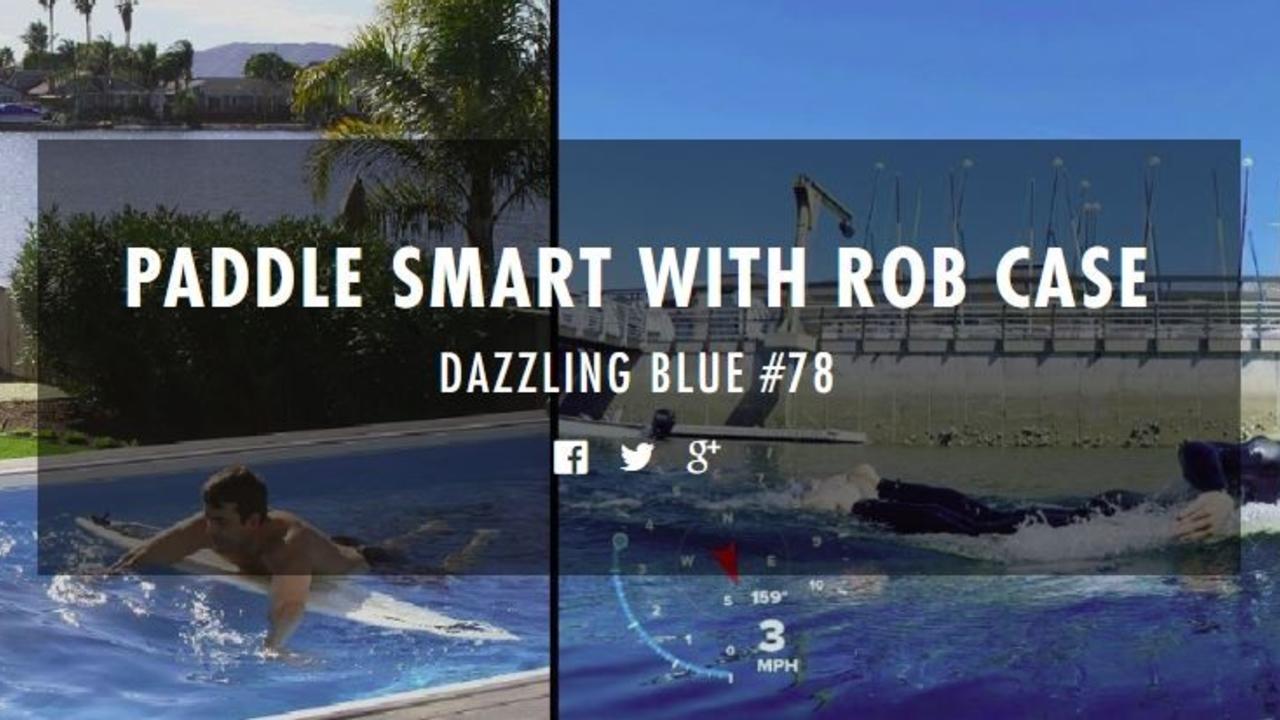
Surf culture is difficult to get your head around sometimes. The term "Hardcore" specifically. This term is very common where I grew up and within the general surf population. What does it really mean? It truly depends on how is saying it.
When I was young, "hardcore" meant a surfer who shunned any assistance, charged waves without fear, and surfed all the time. And for many surfers, this is still a base definition. But that is slowly changing and I'm once again honored to be featured in an article by a "hardcore" surfer representing a "hardcore" brand. Well, maybe Birdwell wouldn't be considered hardcore by the above definition, but certainly has a deep connection to surf history and I'm honored nonetheless.
Jamie Brisick, whose bio you can read below, did a great job at consolidating all of the many thoughts in my head into a clear and concise article. And trust me, my words did not come out that clear when we spoke!
In this article, I talk about some of the biggest ...
Surfing Paddling Academy Surf Trip Indonesia 2019

“I caught the best wave of my life and I have no doubt it was because of your paddling coaching.” – Garry H
 Garry, setting up (photo by Earl)
Garry, setting up (photo by Earl) And Thomas setting up (among the coconut trees)
And Thomas setting up (among the coconut trees)Every time I run a Surf Trip I get nervous. I get nervous not because I don’t think the participants can handle the surf, nor because I think it’s not
...Surf Simply Podcast

Surf Simply Podcast Surfing Paddling Technique
One of the most fun things I get to do is work with surfers on improving their surfing paddling technique, which in turn helps with their energy efficiency, power, and overall surfing experience.
In this surf simply podcast, I had the opportunity to share a few nuggets of information on paddling technique as well as nerd out on the technical side of paddling a surfboard.
Hope you enjoy and learn something new...
Cheers,
Rob
Learn to Paddle Like World Champion John John Florence

John john Florence Sprint Paddling Technique
John John Florence is a great example of a strong paddler. In this video, John John Florence Sprint Paddling Technique, we investigate some key elements of a sprint paddling technique, which is slightly different than a regular paddling stroke. When do we sprint? Catching a wave, avoiding getting caught inside, or battling for priority in a competition.
Even though we spend less than 5% of our paddling time sprinting, it's a pretty important aspect to our arsenal!
The video goes more into detail of the following John John Florence Sprint Paddling Technique. Here is a summary:
- Entry angle is steeper. When sprinting as opposed to regular paddling, the Lift phase (or the first phase) of the underwater armstroke is shortened because in this scenario, we’re really focused on getting our hand and forearm to the front propulsive phase of the stroke which is the second phase of the underwater armstroke.
- Keeping the elbow high ...
Why is Surfing Addictive?
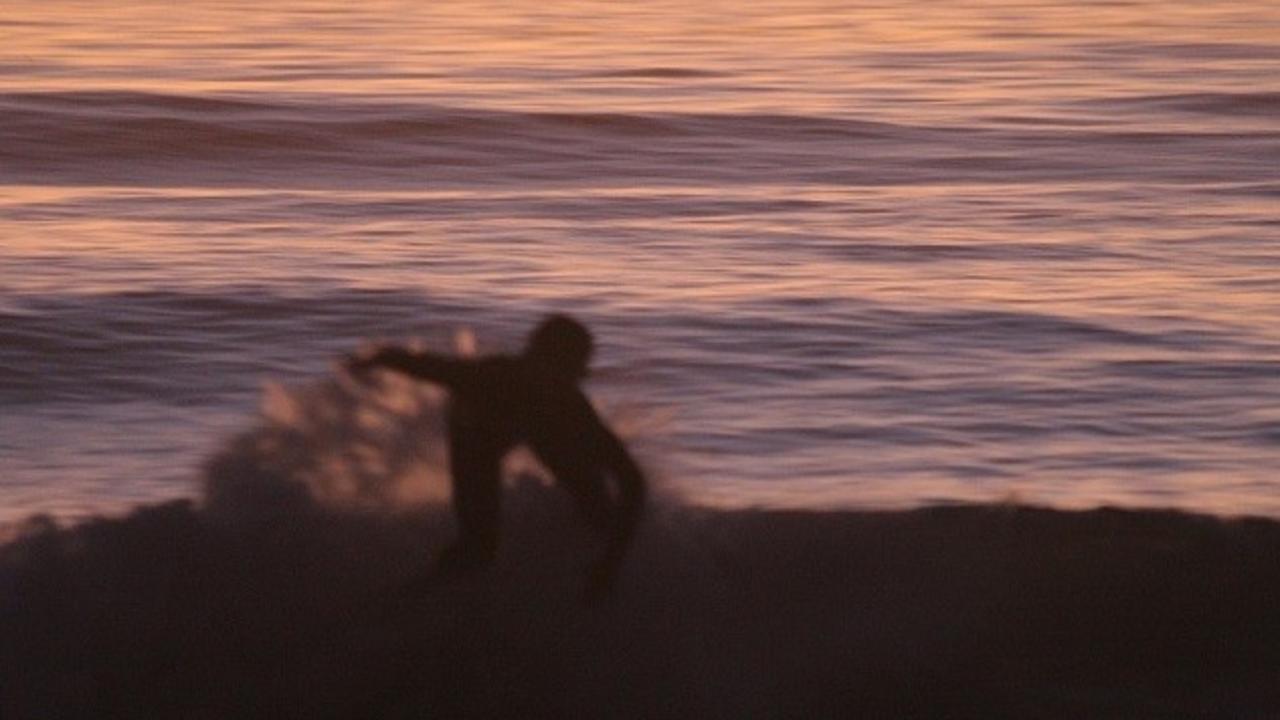
Do I have A Surfing Addiction?
@surf_coach posed the question "why is surfing addictive" on Instagram and it got me thinking. Why IS surfing so addictive? So I did what I always do when I get curious – I did some research.
I had to start with “what is addiction?” before I tried to reason what makes something addictive. Addiction is a heavy topic and has endless resources that send you to drug, alcohol, sex, and even shopping addiction. I didn’t think my surfing addiction was that bad…but drug and alcohol addicts don’t think they have it bad either.
There were numerous sources discussing the science behind addiction, such as what happens in the brain when the addiction makes a shortcut to the brain’s reward system. Then the brain makes sure it happens again and again, laying down memories of the quick sense of satisfaction, and then creating a conditioned response to certain stimuli. Cue - Behavior - Reward. A habit is just formed. Our noggins are gnarly.
After searchin...
The Most Common Surfing Paddling Fallacy
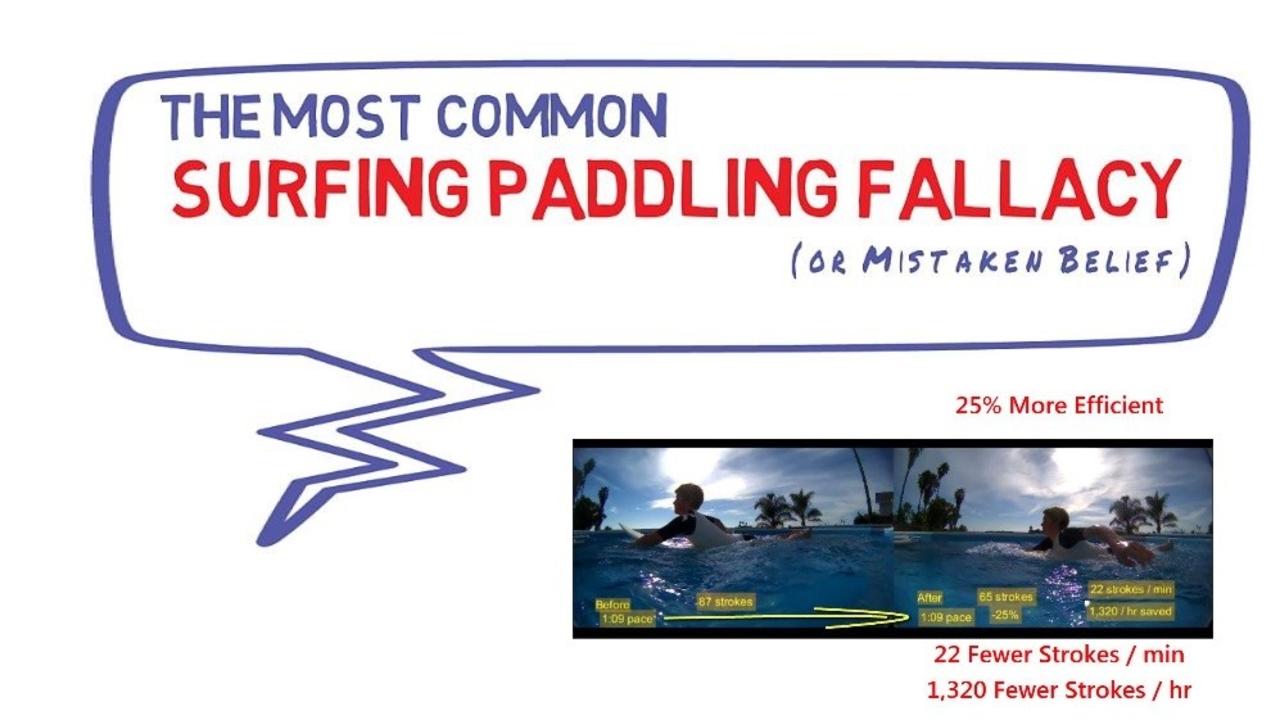
Every once in a while I hear someone provide a paddling technique which I would consider the most common mistaken belief. How many of you have been told this exact thing?Check it out...

